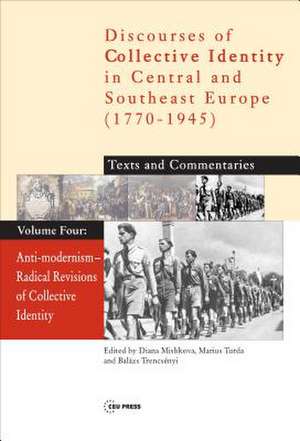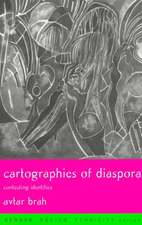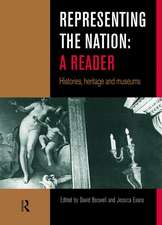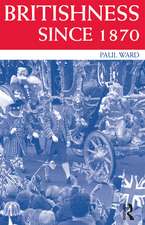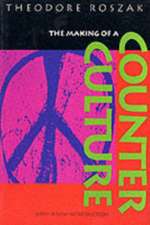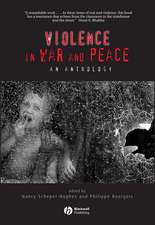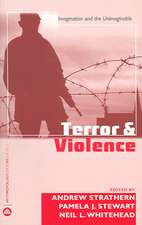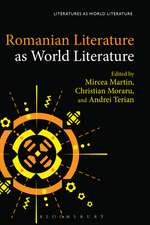Anti-Modernism - Radical Revisions of Collective Identity: Discourses of Collective Identity in Central and Southeast Europe, 177
Autor Diana Mishkova, Marius Turda, Balazs Trencsenyien Limba Engleză Hardback – 14 oct 2014
Preț: 1019.42 lei
Preț vechi: 1323.92 lei
-23% Nou
195.06€ • 204.21$ • 161.40£
Carte tipărită la comandă
Livrare economică 07-21 aprilie
Specificații
ISBN-10: 9637326626
Pagini: 452
Dimensiuni: 160 x 236 x 25 mm
Greutate: 0.68 kg
Ediția:4
Editura: Central European University Press
Seria Discourses of Collective Identity in Central and Southeast Europe, 177
Descriere
The last volume of the Discourses of Collective Identity in Central and Southeast Europe 1770-1945 series presents 46 texts under the heading of "antimodernism". In a dynamic relationship with modernism, from the 1880s to the 1940s, and especially during the interwar period, the antimodernist political discourse in the region offered complex ideological constructions of national identification. These texts rejected the linear vision of progress and instead offered alternative models of temporality, such as the cyclical one as well as various narratives of decline. This shift was closely connected to the rejection of liberal democratic institutionalism, and the preference for organicist models of social existence, emphasizing the role of the elites (and charismatic leaders) shaping the whole body politic. Along these lines, antimodernist authors also formulated alternative visions of symbolic geography: rejecting the symbolic hierarchies that focused on the normativity of Western European models, they stressed the cultural and political autarchy of their own national community, which in some cases was also coupled with the reevaluation of the Orient. At the same time, this antimodernist turn should not be confused with rightwing radicalism--in fact, the dialogue with the modernist tradition was often very subtle and the anthology also contains texts which offered a criticism of 'modern' totalitarianism in an antimodernist key.
Notă biografică
Diana Mishkova is Associate Professor in Modern History of Southeastern Europe, Senior Researcher and Director of the Centre for Advanced Study Sofia. Marius Turda is Professor in 20th Century Central and Eastern European Biomedicine at Oxford Brookes University. He is Director of the Centre for Medical Humanities. Balázs Trencsényi is a Professor at the History Department of Central European University.
